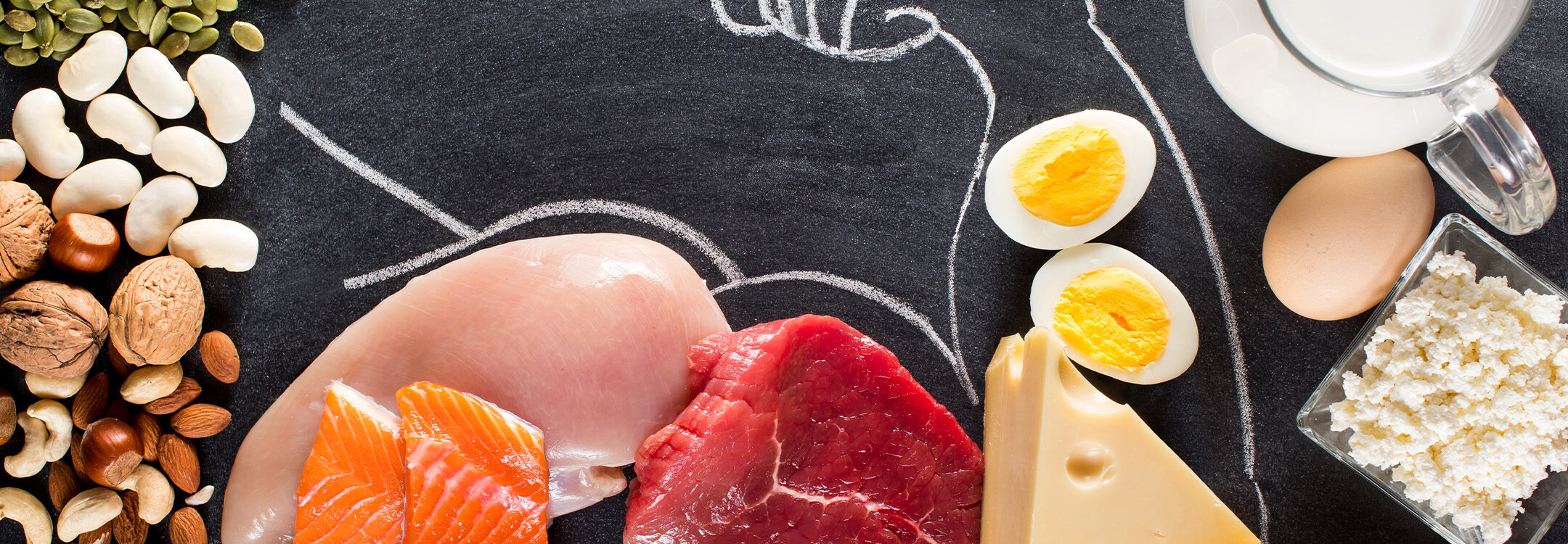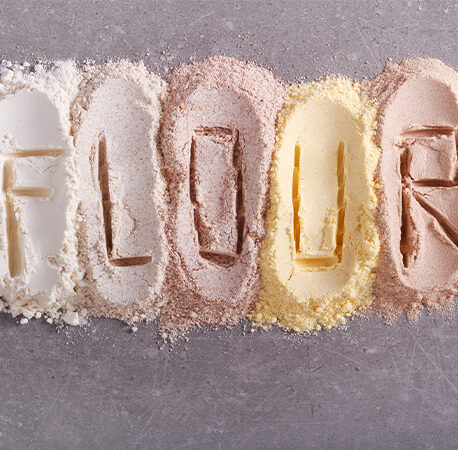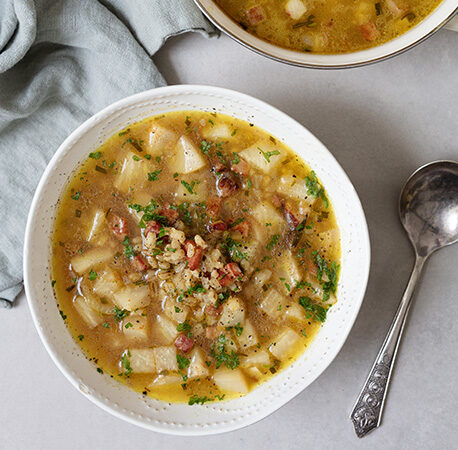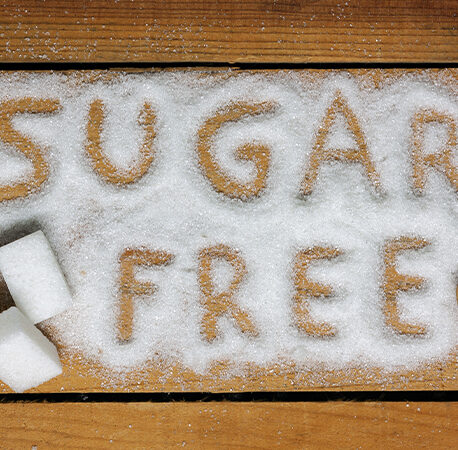What is protein?
Proteins are large molecules consisting of amino acids which our bodies and the cells in our bodies need to function properly. Our body structures, functions, the regulation of the body’s cells, tissues and organs cannot exist without proteins.
Why is protein important?
Protein is the body’s building block. All of our organs, including the skin, are built from proteins, as are the muscles, hair and nails. Many hormones are proteins, and, the immune system, digestive system and blood all rely on proteins to work correctly.
If our diets contained no protein then our bodies would start to break down muscles in order to produce the protein it needs – our bodies are not good at storing proteins. It is therefore necessary to continually replace the protein that our bodies use.
Who needs protein?
We all need to eat protein every day to stay healthy, but it is more important for some people than others.
Protein is particularly important for children and teenagers, as protein is used to produce the tissue they need to grow and develop into adults. Protein is also particularly important for pregnant and breastfeeding women and for those who have a high muscle mass or use a lot of muscle power.
How much do I need?
Current guidelines suggest that we should eat 0.8 grams of protein for every kilo of body weight and that it’s best to get between 10 and 35% of our daily calorie intake from protein. Rough estimates suggest the following:
- Babies need about 10 grams per day.
- School-children need 19-34 grams per day.
- Teenage boys need up to 52 grams per day.
- Teenage girls need 46 grams per day.
- Adult men need about 56 grams per day.
- Adult women need about 46 grams per day.
- Pregnant or breastfeeding women need about 71 grams per day.
What are the best sources of protein?
When most people think of protein, they think of meat, and it’s true that both red and white meats are rich sources of protein, as is fish. However, there are plenty of vegetarian sources as well; eggs and dairy are particularly good sources. Vegans, too, can obtain protein from a range of foods including beans, lentils, quinoa, nuts and seeds, chickpeas and tofu. Plenty of vegetables contain significant amounts; dark leafy greens are rich in protein, as are peas, mushrooms, sundried tomatoes, cabbage, potatoes, Brussels sprouts, broccoli, cauliflower and parsley.
| Food | Protein per 100g |
| Cheddar cheese | 24.9g |
| Kidney beans | 24g |
| Chickpeas | 19g |
| Quinoa | 14g |
| Eggs | 13g |
| Lentils | 9g |
| Tofu | 8g |
| Peas | 5g |
| Sundried tomatoes | 5g |
| Brussel sprouts | 3.4g |
| Parsley | 3g |
| Spinach | 2.9g |
Protein powders are widely available and experiencing a wave of popularity in the last few years. Their biggest advantage is their convenience, and they can be a very helpful supplement for anyone engaging in weight training and actively building muscle. In general, however, we advise eating natural sources of protein as they contain many other valuable nutrients.
- summer events
- small business
- gut health
- OATLY
- healthy
- Crudo
- top tips
- All Together Now
- fridge cake
- Events Waterford
- food festival
- Events Ireland
- me auld flower
- news
- dublin
- events Dublin
- dublin festival
- Home-Cooking
- food and drink festival
- online cooking course
- festival line-up
- cooking
- Summer festival
- eco-friendly
- Events
- cosy
- Festivals Ireland
- wine
- Body & Soul
- grapes
- music festival
- south africa






You have to be signed in to comment this post.